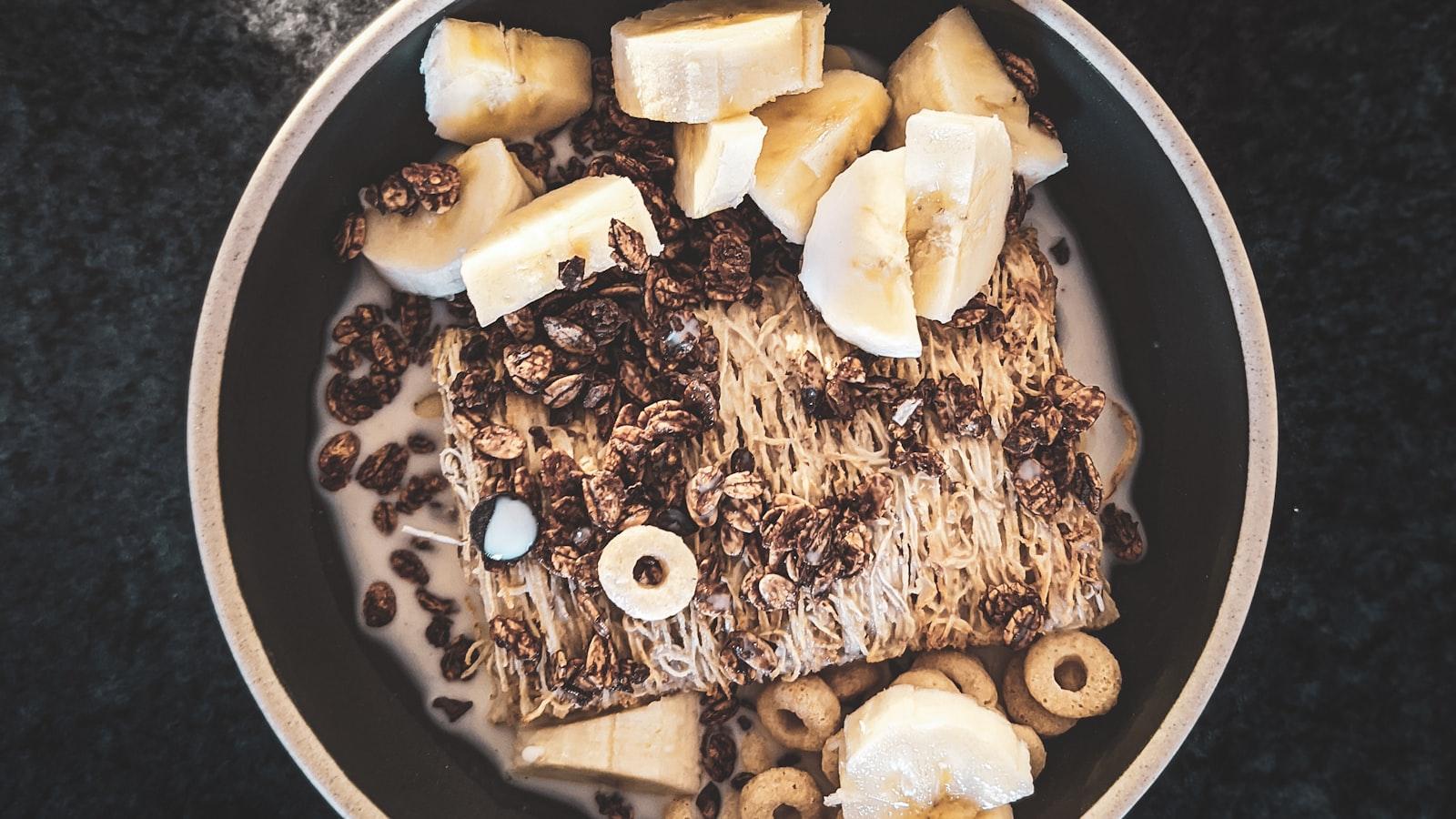Have you ever taken a sip of kombucha and found yourself puckering at the tangy, almost vinegar-like taste? You’re not alone. This ancient fermented tea has gained popularity for its potential health benefits, but its unique flavor profile can be an acquired taste for many. Let’s explore why some say kombucha tastes like vinegar and delve into the world of this fizzy, probiotic-rich beverage.
Table of Contents
- Why Does Kombucha Often Taste Like Vinegar?
- Tips for Balancing the Flavor Profile of Your Homemade Kombucha
- Q&A
- Concluding Remarks


Why Does Kombucha Often Taste Like Vinegar?
When you take your first sip of kombucha and are greeted with a tangy, almost vinegary flavor, you might wonder why this popular probiotic drink often tastes like it was made in a vinegar factory. Well, fear not, as there are a few reasons behind this unique taste profile.
One primary reason kombucha tends to lean towards the vinegar end of the taste spectrum is due to the fermentation process it undergoes. During fermentation, yeast and bacteria break down the sugars in the sweet tea mixture, resulting in acetic acid production. This acetic acid is what imparts that familiar tanginess, reminiscent of vinegar, to your kombucha brew.


Tips for Balancing the Flavor Profile of Your Homemade Kombucha
When it comes to perfecting the taste of your homemade kombucha, achieving a well-balanced flavor profile is key. Here are some expert tips to help you combat that vinegar-like taste and elevate your kombucha brewing game:Consider adding fruity flavors such as berries, peaches, or citrus to offset the acidity and bring a touch of sweetness to your kombucha.
Experiment with herbs and spices like ginger, mint, or lavender to add depth and complexity to your brew, creating a harmonious blend of flavors that go beyond just tanginess.
Q&A
Q: Why does kombucha taste like vinegar?A: Kombucha’s tangy flavor often gets compared to vinegar due to the fermentation process it undergoes. During fermentation, the natural sugars in the tea are broken down by yeast and bacteria cultures. This process produces acetic acid, which gives kombucha its signature tartness reminiscent of vinegar.
Q: Is it normal for kombucha to taste like vinegar?
A: Yes, it is normal for kombucha to have a slightly acidic taste similar to vinegar. The level of acidity can vary depending on factors like brewing time, temperature, and the specific strains of yeast and bacteria present in the culture. Some drinkers actually enjoy the vinegar-like tang as part of the unique kombucha experience.
Q: Can anything be done to reduce the vinegar taste in kombucha?
A: If the vinegar taste in your kombucha is too strong for your liking, you can try reducing the fermentation time during brewing. Shortening the brewing period can help control the acidity level and mellow out the vinegar flavor. Experimenting with different tea blends or adding more sugar at the beginning of the brewing process can also help balance out the taste.
Q: Does the vinegar taste indicate that the kombucha has gone bad?
A: While kombucha tasting like vinegar is usually a result of the fermentation process, an extremely sour or overpowering vinegar taste could be a sign of over-fermentation or contamination. If your kombucha smells off or has unusual flavors beyond the typical tanginess, it may be best to discard it to avoid any potential health risks. Trust your senses and intuition when deciding whether to consume or discard your kombucha brew.
